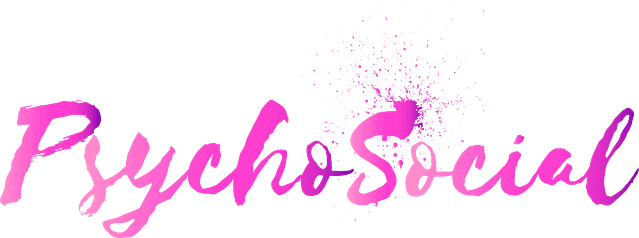More than just a diary. A Therapeutic Journal is a healing tool!
Writing can provide a powerful outlet for our thoughts and feelings. What’s even better is that you can combine it with other tools such as meditation or body movement! Check out a YouTube video on wellness below.

What is Therapeutic Journaling?
Therapeutic Journaling is not just about chronicling your day. It’s an effective healing tool that anyone can use! Part of what makes journaling powerful is that it provides an outlet for our thoughts and feelings. When we take time to write down our experiences, thoughts, and feelings we are able to explore and discover things about ourselves that we may not have known before. This tool also provides an opportunity for reflection and introspection (examining one’s own mental & emotional process).

Who can Therapeutic Journaling help?
Journaling can be beneficial for anyone, however, it can be especially beneficial for individuals who are struggling with:
- Anxiety
- Stress
- Depression
- Life changes
- Grief
- Trauma (with caution)
- Anger Management
- Chronic illness
Getting Started
Pick a style! Journaling doesn’t have to be on paper only. It can be on a computer, a blog, video, or even recording.
After you pick a format then it’s time to start building a routine. Think about what time of day journaling would be the most helpful. Would it be in the morning when you wake up? Plan to get up 15-30 minutes earlier than usual and schedule journaling time. Or maybe you prefer to wind-down after a long day and set some time before bed. Either way pick a time and stay consistent.
Next think about what you want to write about. What feelings have you been experiencing (sadness, anger, fear, worry, happiness, joy, etc.) or what thoughts have been on your mind for most of the day? If you’re having trouble figuring it out then try finding a quiet/comfortable place to close your eyes and deep breath. Let yourself reconnect your body and mind then try again.
Using Prompts
Prompts are helpful guides. Trying using some if you need help with writing. Below are some helpful prompts:
- What is your fondest memory and why.
- Who is someone that inspires you and keeps you motivated?
- What is one place that makes you feel good and why.
- What are 10 things that you love about yourself?
- Think about a difficult situation or challenge that you have overcome in the past. How did you do it? Who helped you? What do you think when you reflect back?
- Healing is not one directional, what are some things, rituals, practices, beliefs, etc. That have helped you heal?

Benefits of Journaling
- Having an outlet and being able to express yourself.
- Opportunities to self-reflect and grow
- A way to maintain a record of your feelings and progress in healing
- Processing your experiences including thoughts and feelings
- Managing stress
- Working through negative thoughts
- Honoring/validating all feelings even uncomfortable ones
***Although journaling can he a powerful and healing tool, it can also be a trigger. For many people who struggle with trauma, writing things down related to their trauma can bring about powerful emotions/reactions. Make sure that you pay attention to your body/mind. If you find yourself struggling or having an extreme reaction then it may be helpful to speak with a mental health professional. Having a therapist who can provide you with tools and skills to manage trauma responses can help facilitate the journaling process.
Luis is a Licensed Marriage & Family Therapist who graduated from Long Beach State University with a Masters degree in Counseling Psychology (2015). He also has a Bachelors's degree in Child and Adolescent Development with an emphasis on Public Policy from San Francisco State University (2011). Luis has over 9 years of experience working with children and families both in education and mental health. Previously, Luis worked for a non-profit agency in San Francisco, CA providing mental health consultation in early head start programs and SFUSD pre-schools. Currently, Luis works at Kaiser in San Francisco providing mental health services.
His therapeutic interests include working with Trauma, the LGBTQ community, Children, Families, Couples, and POC. His personal interests include; Films, Reading, Writing, Art, Travelling, Disney, and Food. He is also a recipient of the California State Stipend award (2015). PsychoSocial is part of Luis' dedication to mental health and an example of his passion to educate others. Luis hopes that through PsychoSocial he will be able to help in the fight to end the stigma around mental illness.
#EndtheStigma
-
Luis Cornejo, LMFThttps://psychosocial.media/author/psychosocial/September 18, 2017
-
Luis Cornejo, LMFThttps://psychosocial.media/author/psychosocial/January 28, 2018




















